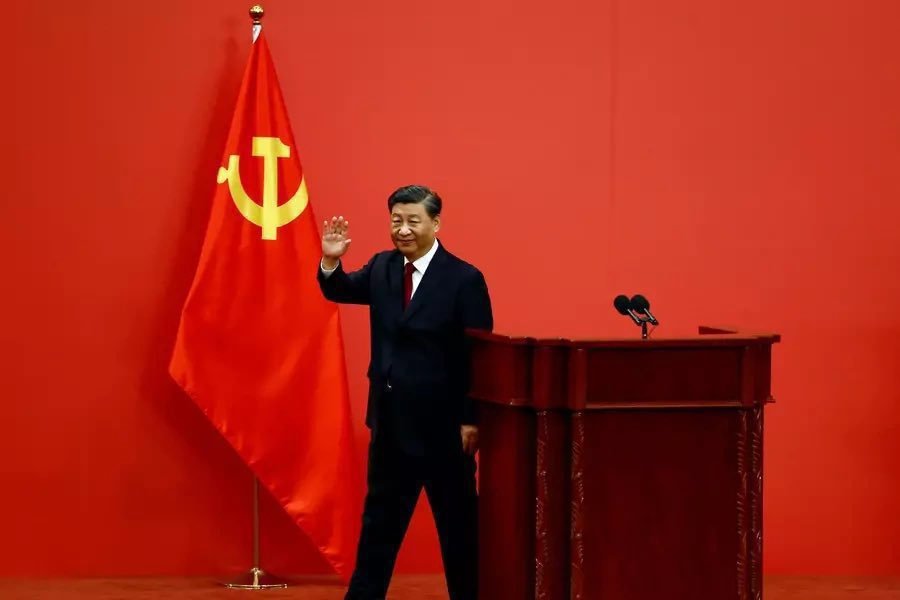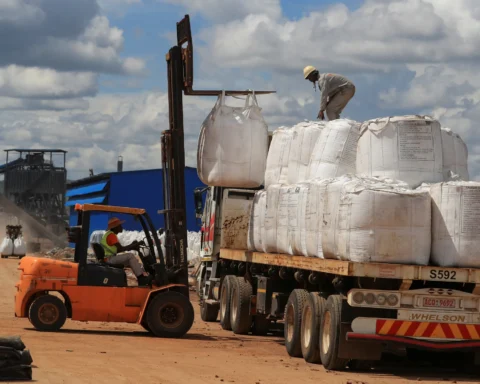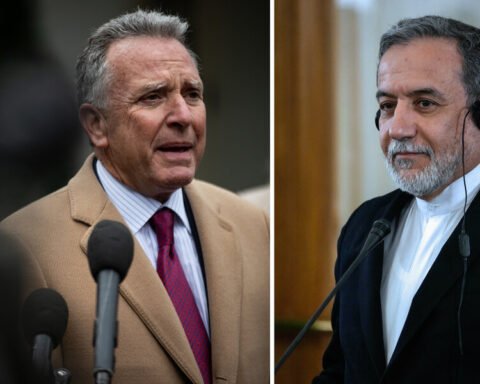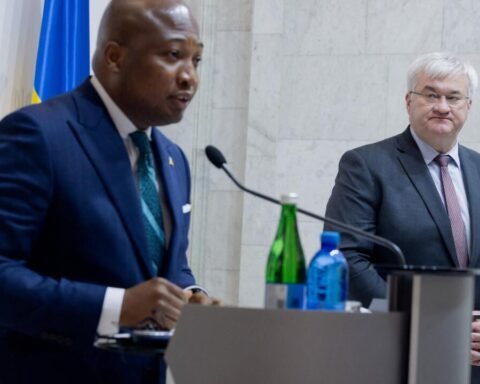China is making it clear to the world: it sees itself not just as a rising power, but as the global marketplace—open for business and opportunity, no matter the political climate.
As trade tensions with the United States continue to simmer, Chinese officials are doubling down on a message of openness, economic cooperation, and shared growth.
During a high-profile diplomatic visit to Southeast Asia, Chinese President Xi Jinping reaffirmed his country’s commitment to global trade, positioning China as a partner to countries looking to grow alongside one of the world’s largest economies. Speaking in Malaysia and Vietnam, Xi emphasized that China is not closing itself off—it’s inviting the world in.
“China is not only the world’s factory,” Xi said in a televised address. “It is also the world’s market—a place full of opportunities for every country.”
The comments come at a time when the U.S. has imposed new tariffs on Chinese imports, some as high as 145%, in what Washington describes as a move to protect American industry. China responded in kind with its own duties, including 125% tariffs on certain American goods. While the trade war continues to rattle markets, China is keen to project calm and resilience.
And so far, the numbers suggest it’s holding steady. In the first quarter of 2025, China’s economy grew by 5.4%, boosted in part by a rush of exports ahead of the new tariffs. Still, analysts warn that beneath the surface, there are signs of economic fatigue—especially in domestic consumption, where inflation remains weak and consumers cautious.
Also Read; Trump Open to New Deal with China
But China isn’t just sitting back. Its leadership is turning to broader strategies to maintain momentum. That includes expanding the Belt and Road Initiative, a global infrastructure push that aims to strengthen trade routes and investment flows from Asia to Europe and Africa. And it’s not just rhetoric—China reported nearly 9% growth in the number of foreign-invested companies entering its market in 2024, showing that international interest hasn’t waned.
At the same time, diplomatic tensions with the U.S. remain a concern, especially over Taiwan. Beijing has responded strongly to recent comments by former President Donald Trump suggesting a potential rethink of America’s “One China” policy. For China, this principle isn’t negotiable—it’s the foundation of its international relationships.







